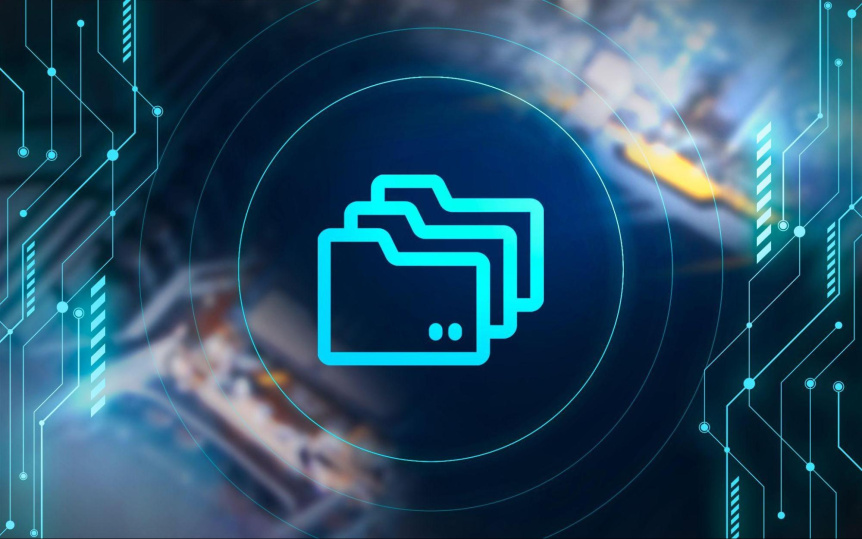Losing your data can be a challenging situation to deal with, whether it’s personal data like family photos or crucial business information. As technology continues to become a more prominent part of our lives, it’s essential to understand the ins and outs of data recovery in case something like this happens.
If you ever face a data loss situation, your first thought will probably be to try DIY data recovery. While this can certainly be possible and preferable in certain situations, it’s always better to understand the limitations of DIY data recovery and know when you need a professional.
In this article, we’ll explore some situations where you may experience data loss, the pros and cons of DIY data recovery in these situations, and when you should consult a professional for data recovery services.
How does data loss happen?
You can lose your data in many ways in everyday life, including:
- Hardware failures: Hard drive crashes, server failures, and other hardware failures.
- Software failures: Malware, viruses, and bugs can lead to data corruption and loss.
- Human error: Accidental deletions or mishandling of data can lead to loss.
- Natural disasters: Natural disasters like fires and floods could damage data centres.
- Cyber attacks: Hackers can breach security and steal or hold data for ransom.
- Theft/loss: Physical theft or misplacing devices can lead to data loss.
Is DIY data recovery a good call?
The natural reaction to experiencing data loss is to try and recover it as quickly as possible because it’s likely going to be an unnerving experience. However, it’s always worth taking a step back and assessing the situation before diving in and trying it yourself. Otherwise, you might just end up failing, or worse, lose access to the data altogether in the process.
That said, DIY data recovery is not without its advantages—with one of the most noticeable being the cost. Professional data recovery can be quite expensive, depending on the nature of the situation you’re facing, of course.
DIY data recovery is also much more convenient than opting for a professional recovery solution since you can do it in the comfort of your own home or office.
Common DIY data recovery attempts involve using data recovery software to recover data from a failing hard drive or other storage device. However, this could also end up causing more harm than good, as it could make it more difficult for a professional to recover the data in case your attempt doesn’t turn out as planned.
If you do choose to attempt DIY data recovery, here are some things to keep in mind:
- Limit usage of the device in question. Avoid installing new programs, including data recovery programs if you’re going to attempt DIY data recovery.
- When choosing the data recovery software, make sure it’s a safe and verified one so that you can ensure no further data losses occur.
- If the data is very important and the data recovery processes have the potential to be very complex, it’s always better to seek professional help rather than doing it yourself.
Is DIY data recovery safe?
While DIY data recovery is relatively safe, you’ll need a level of technical know-how to ensure that you can recover the data safely. In cases where the damage to the data isn’t physical and you have a backup of the data, DIY recovery is a very safe call.
However, if the data you’ve lost is critical, you have little to no technical knowledge of data recovery, or the device has suffered physical damage, it’s always better to leverage professional data recovery services.
In cases where you’ve tried DIY data recovery and you’re experiencing issues like incomplete recovery, increased data corruption, privacy and safety risks, difficulty in accessing files, slow file access speeds, error messages, and overheating and unusual sounds, particularly in the hard drives, it may be a sign that the DIY recovery attempt has gone wrong.
These situations can make the professional data recovery process even more tricky, but regardless, you should consult a professional to maximise your chances of getting back the data safe and sound.
Guarantee safe data recovery with professional help
While DIY data recovery is certainly an option when you encounter data loss, if the endeavour proves to be too complex, it’s always better to seek professional help so you can recover your data safely.
Technetics data recovery services can help you recover your data safely from hard drives, RAID servers, memory cards, mobile devices, Apple devices, and more. Get in touch with us if you’re experiencing data loss issues and require professional help.


